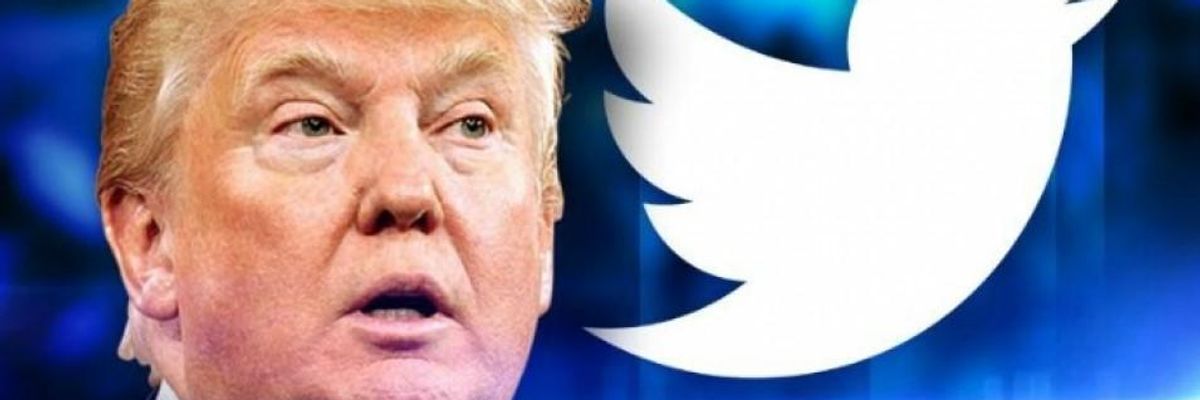
"The findings, from Jan. 9 through Friday," reports the Washington Post, "highlight how falsehoods flow across social media sites--reinforcing and amplifying each other--and offer an early indication of how concerted actions against misinformation can make a difference." (Image: Gage Skidmore/Flickr/cc)